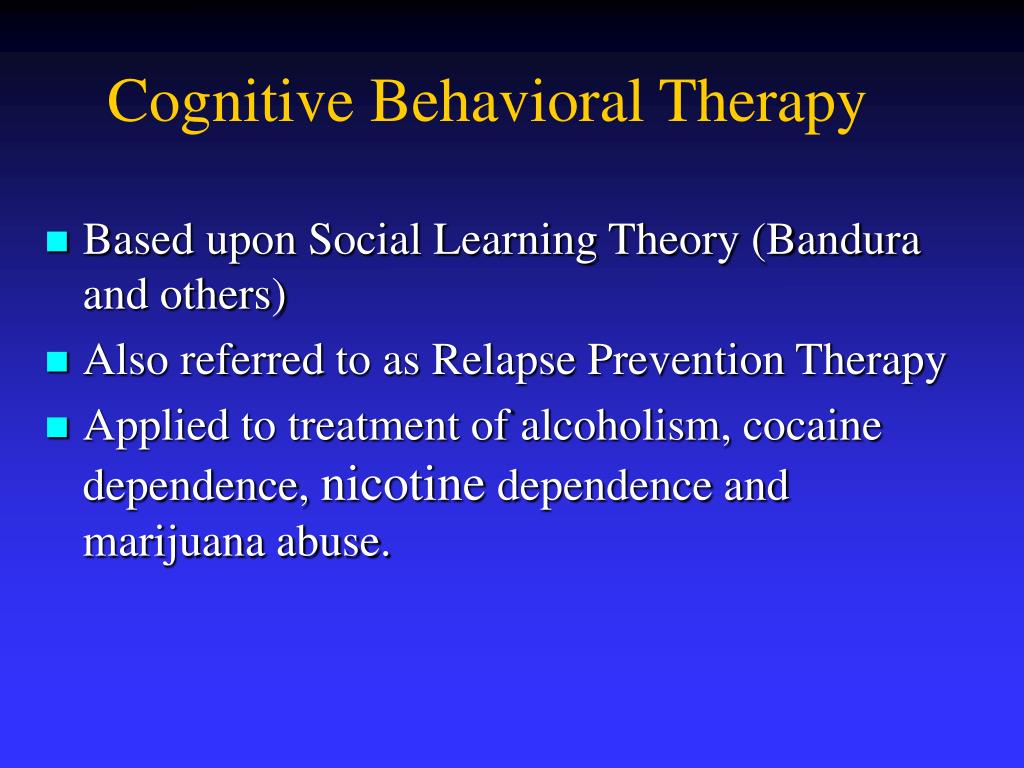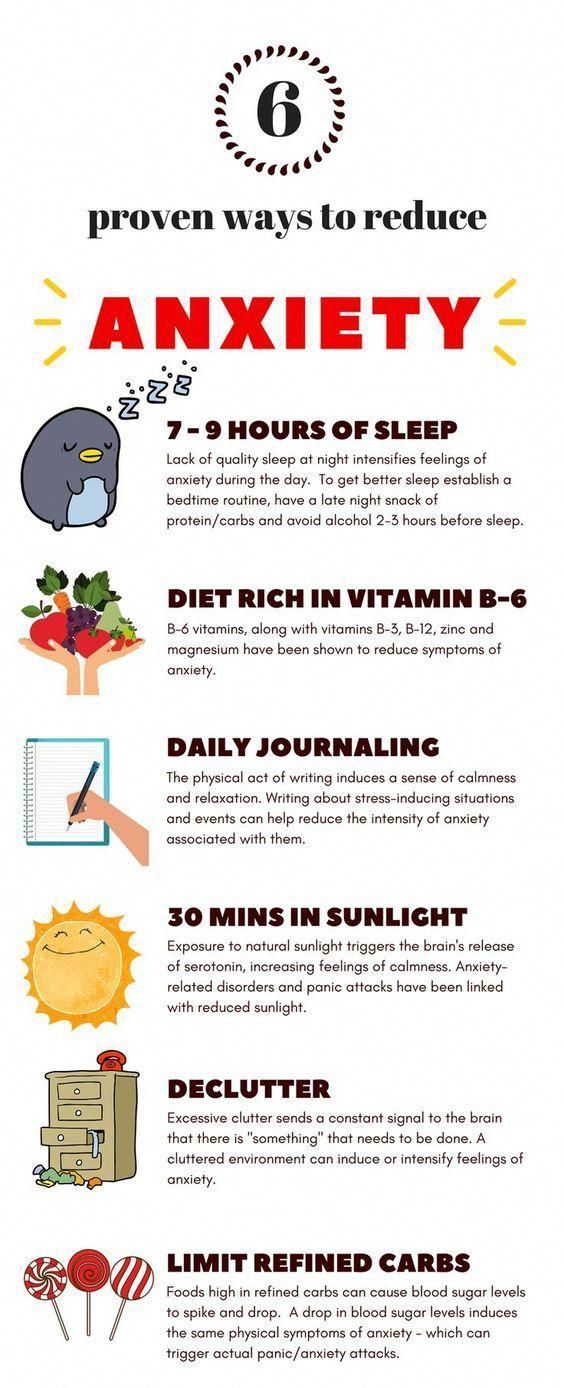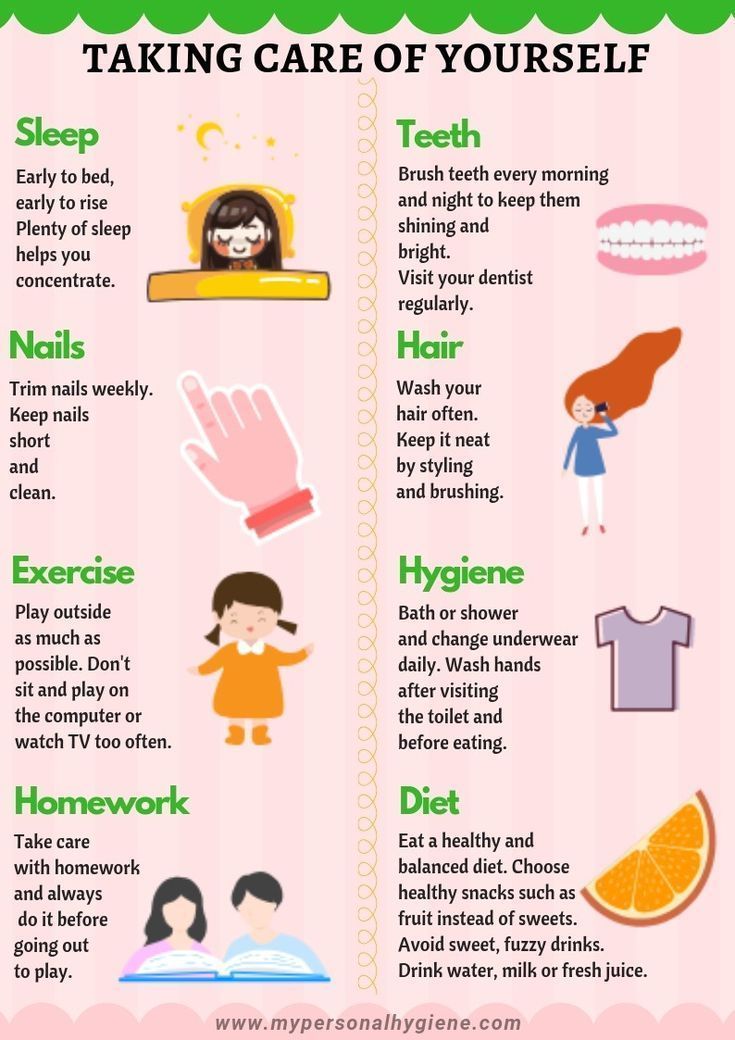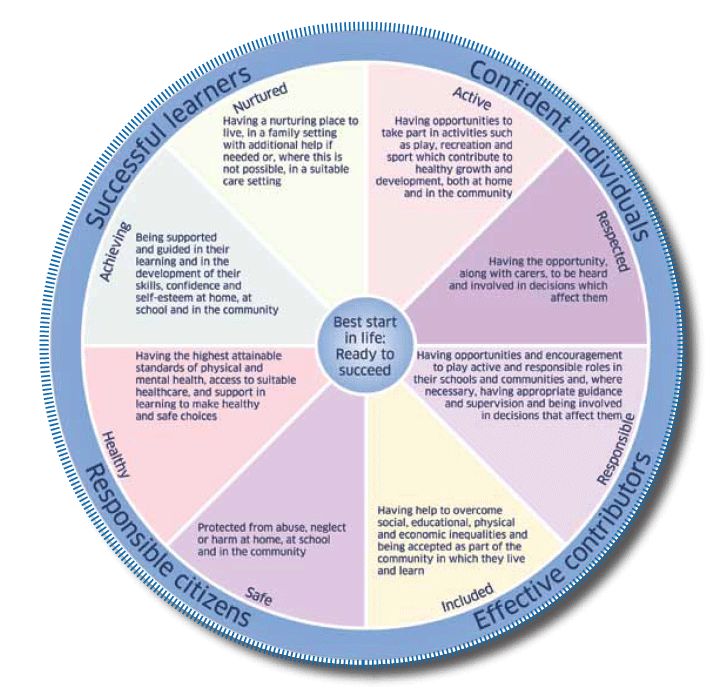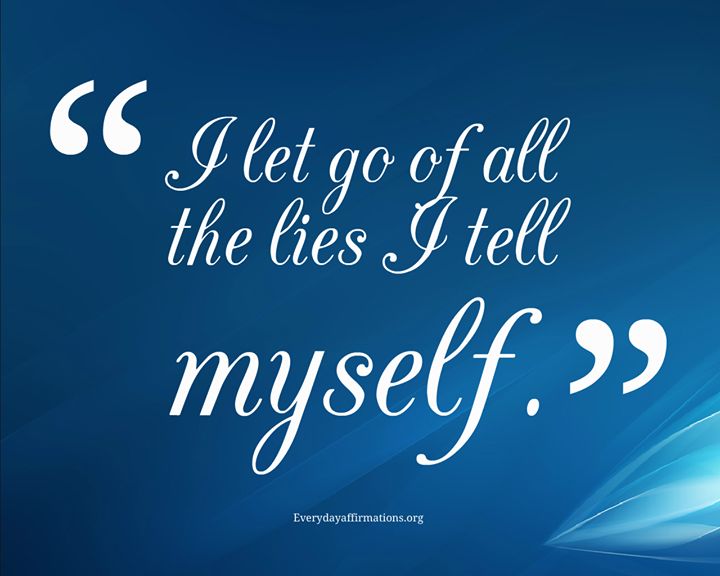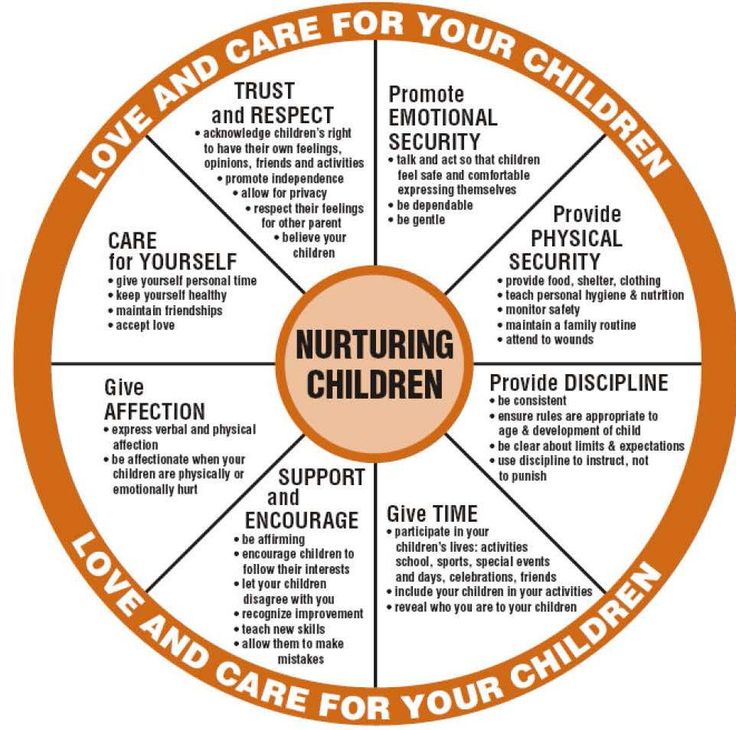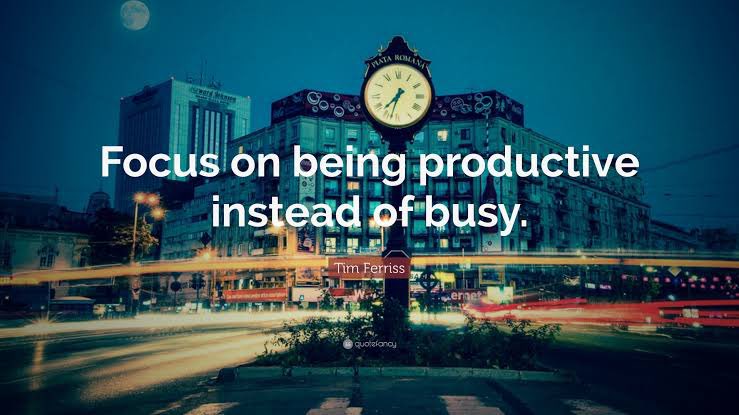How to take care of yourself emotionally
Mental Health: Keeping Your Emotional Health
Emotional health is an important part of overall health. People who are emotionally healthy are in control of their thoughts, feelings, and behaviors. They’re able to cope with life’s challenges. They can keep problems in perspective and bounce back from setbacks. They feel good about themselves and have good relationships.
Being emotionally healthy doesn’t mean you’re happy all the time. It means you’re aware of your emotions. You can deal with them, whether they’re positive or negative. Emotionally healthy people still feel stress, anger, and sadness. But they know how to manage their negative feelings. They can tell when a problem is more than they can handle on their own. They also know when to seek help from their doctor.
Research shows that emotional health is a skill. There are steps you can take to improve your emotional health and be happier.
Path to improved health
Emotional health allows you to work productively and cope with the stresses of everyday life. It can help you realize your full potential. It helps you work with other people and contribute to society.
It also affects your physical health. Research shows a link between an upbeat mental state and physical signs of good health. These include lower blood pressure, reduced risk of heart disease, and a healthier weight.
There are many ways to improve or maintain good emotional health.
- Be aware of your emotions and reactions.Notice what in your life makes you sad, frustrated, or angry. Try to address or change those things.
- Express your feelings in appropriate ways.Let people close to you know when something is bothering you. Keeping feelings of sadness or anger inside adds to stress. It can cause problems in your relationships and at work or school.
- Think before you act.Give yourself time to think and be calm before you say or do something you might regret.
- Manage stress. Learn relaxation methods to cope with stress.
 These could include deep breathing, meditation, and exercise.
These could include deep breathing, meditation, and exercise. - Strive for balance.Find a healthy balance between work and play, and between activity and rest. Make time for things you enjoy. Focus on positive things in your life.
- Take care of your physical health. Exercise regularly, eat healthy meals, and get enough sleep. Don’t abuse drugs or alcohol. Keep your physical health from affecting your emotional health.
- Connect with others. Make a lunch date, join a group, and say hi to strangers. We need positive connections with other people.
- Find purpose and meaning.Figure out what’s important to you in life, and focus on that. This could be your work, your family, volunteering, caregiving, or something else. Spend your time doing what feels meaningful to you.
- Stay positive.Focus on the good things in your life. Forgive yourself for making mistakes and forgive others.
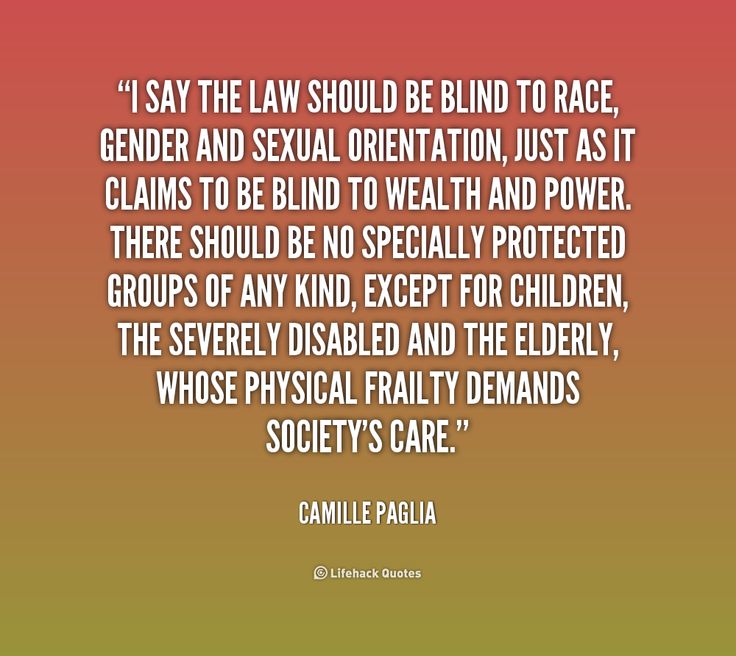 Spend time with healthy, positive people.
Spend time with healthy, positive people.
Things to consider
People who have good emotional health can still have emotional problems or mental illness. Mental illness often has a physical cause. This could be from a chemical imbalance in the brain. Stress and problems with family, work, or school can trigger mental illness or make it worse.
Counseling, support groups, and medicines can help people who have emotional problems or mental illness. If you have an ongoing emotional problem, talk to your doctor. He or she can help you find the right type of treatment.
Questions for your doctor
- What steps should I take to improve my emotional health?
- Would medicine help me be able to cope better?
- Should I see a therapist or counselor?
- How does my physical health affect my emotional health?
- What stress management techniques would work best for me?
Resources
National Institutes of Health: Emotional Wellness Toolkit
Copyright © American Academy of Family Physicians
This information provides a general overview and may not apply to everyone.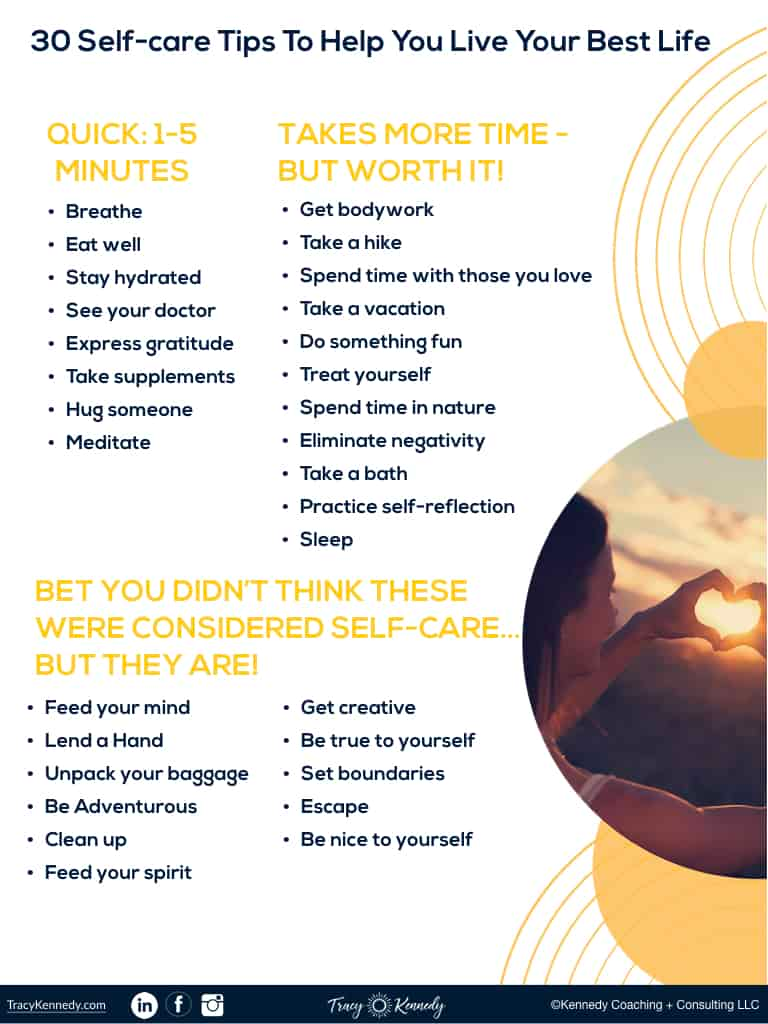 Talk to your family doctor to find out if this information applies to you and to get more information on this subject.
Talk to your family doctor to find out if this information applies to you and to get more information on this subject.
5 Ways to Take Care of Yourself Emotionally
Source: Kichigin/Shutterstock
Life happens, and your emotions are the expression of what is happening to you. Over the course of your life, you will experience numerous feelings. Many emotions will be familiar—those that occur on a regular basis and reflect the events of your daily life. Some will be less familiar, because the events these emotions express will be fewer and farther between, such as profound loss, tragedy, and death.
Mastering your emotions is not only your personal responsibility but also is a positive strategy for getting through life in the best possible way you can. When you have a healthy attitude about your feelings and how to express them, you are better equipped to get through events well, rather than feeling each time strong emotion hits that you are overwhelmed and incapable of handling the situation.
Your emotions should ideally help you understand what is happening. Your mastery of emotion may take time to develop, but once it is acquired, you will no longer feel lost in the emotion of the moment. Rather, you will be able to see your emotional response as a way to understand what is happening and to rise above your immediate feelings in order to act appropriately for that specific situation.
All too often, people impulsively react to a situation without thinking too much about it. They will say that’s just the way they feel, but frequently it’s a habitual response. Rather than reacting with out-of-control emotion, which often leads to an escalation of emotional response (I often see this on Facebook with escalated emotional responses to provocative and controversial issues), does no one any good, and does nothing to solve the problem, wouldn’t it be far better to gain an understanding of what your emotions are all about and how to use them to serve you best?
These are some of the basic tools that can help you master your emotions:
1. Know your emotions.
Know your emotions.
All of them. What are your past experiences with each emotion? Know what triggers each of them. Understand which events, and especially people, are associated with each. Do you understand why you respond emotionally the way you do? Are you satisfied that your emotional response is appropriate and reflects what you truly feel? Or, does your emotional response feel uncomfortable—for example, overreactive (or not reactive enough for the situation)? Do you feel frustrated that you can’t adequately express yourself?
Knowing your emotions should help you judge how to behave when a situation arises. Each new event or interaction should not feel like the first time it’s happening. Each successive time a specific emotion is expressed gives you another opportunity to observe yourself and respond in a way that feels right (or at least better) for you.
2. Maintain healthy boundaries.
How do you maintain your own emotional integrity? How do you keep others' emotions from invading your space? Are you able to recognize when others’ emotions “become” your own, or at least when others are attempting to make you “feel” the way they do and the way they want you to? Do you have strategies to protect yourself from emotional invasion?
Think of a boundary as a healthy space around you.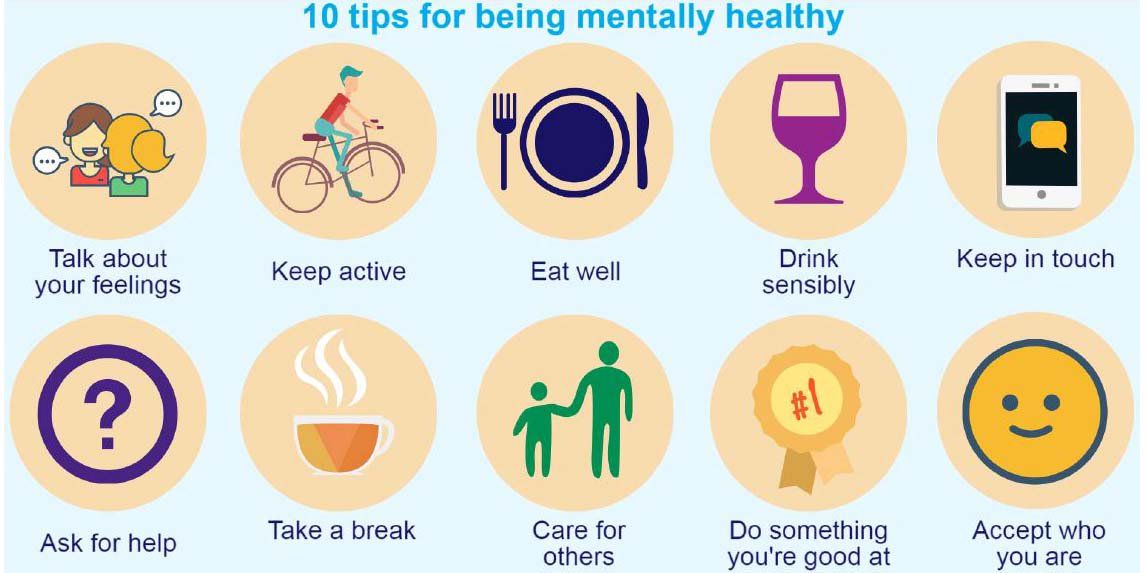 You decide how big this space needs to be for you to feel comfortable. It may be an actual space, measured as physical distance, or an imaginary psychological/emotional space. When you successfully maintain healthy emotional boundaries, you are taking care of yourself first and foremost. Once you’ve done that, you can actually deal with a situation or person more effectively, since you know what you can and will do, as well as what you will not allow to happen emotionally.
You decide how big this space needs to be for you to feel comfortable. It may be an actual space, measured as physical distance, or an imaginary psychological/emotional space. When you successfully maintain healthy emotional boundaries, you are taking care of yourself first and foremost. Once you’ve done that, you can actually deal with a situation or person more effectively, since you know what you can and will do, as well as what you will not allow to happen emotionally.
3. Cultivate your own well-being on every level.
Practice self-care whenever possible. Physical care will keep you healthy and strong, better able to endure life when difficult things happen. Psychological well-being goes a long way to help sustain you, especially during life challenges when you are called upon to emotionally respond. Understanding who you are at your core, what makes you tick, how you differ from or are similar to those around you, and what your attitudes and beliefs are will help keep you on the “right track," able to stay on your path in order to accomplish what you desire.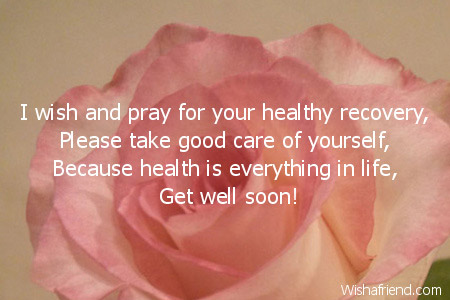 As with emotions, your psychological outlook helps keep you steady in your own life.
As with emotions, your psychological outlook helps keep you steady in your own life.
Cultivate a belief system that brings you hope and faith. Spiritual practice (this may be religious, but not necessarily) can help to sustain you on a daily basis, especially in trying and challenging times and with trying and challenging people.
4. Create a healthy support system.
These are people who encourage and nurture you. These are people who know you, like who you are, and are willing to help you become your best self. People with no ulterior motive or private agenda. These are people you can always turn to just to listen and/or provide advice if needed.
It should not be difficult to identify who in your life overwhelms you, weighs you down, worries you, makes you anxious, and/or causes you to engage in situations and relationships that are not in your best interest and that deter you from pursuing what makes you happy and contented. Sometimes it’s hard to grasp that a relationship or situation is engaging you in a negative way.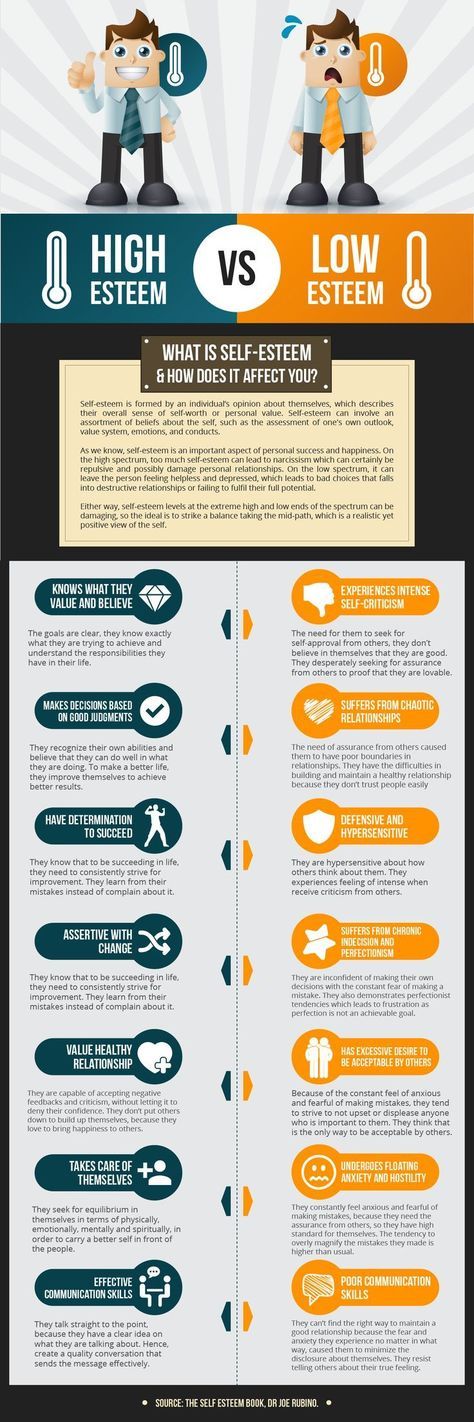 But over time and with repetitive interactions, you should begin to see the bigger picture. Even if you have difficultly moving away from or limiting a relationship or situation that isn’t good for you, having a support system behind you is extremely helpful. The goal is to eventually move toward more satisfying, productive, and caring relationships that support the kind of life you want to live.
But over time and with repetitive interactions, you should begin to see the bigger picture. Even if you have difficultly moving away from or limiting a relationship or situation that isn’t good for you, having a support system behind you is extremely helpful. The goal is to eventually move toward more satisfying, productive, and caring relationships that support the kind of life you want to live.
5. Create an emotional or psychological “toolbox.”
This is a great visual for many of these concepts. Your “toolbox” is a place where you keep your coping skills—life management tools that you have acquired over time and over the course of having had numerous life experiences. These tools are strategies you have developed and used effectively to cope with challenges to your life and well-being.
Over time, your personal “toolbox” should come to contain everything you need. My patients know they have the tools to deal with most of what life dishes up, and they feel confident that when a challenge occurs in the future, they have what it takes to handle it. In challenging times, however, people may feel that they need to seek help in order to gain a broader perspective, and perhaps add more strategies in order to better deal with a certain situation. Anything that helps you to grow emotionally and become more grounded within yourself is always a welcome addition to your life.
In challenging times, however, people may feel that they need to seek help in order to gain a broader perspective, and perhaps add more strategies in order to better deal with a certain situation. Anything that helps you to grow emotionally and become more grounded within yourself is always a welcome addition to your life.
LinkedIn image: David Herraez Calzada/Shutterstock
How to take care of yourself to protect yourself from burnout and overwork
February 5, 2021Health
Tips for maintaining normal psychological, emotional and physical health.
Share
0You can not only read this article, but also listen to it. If it's more convenient for you, turn on the podcast.
Timothy James
Health coach, blogger.
In the cycle of work and other responsibilities, many often forget about themselves, their happiness and what is really important to them. And the time spent relaxing and taking care of yourself seems like wasted time.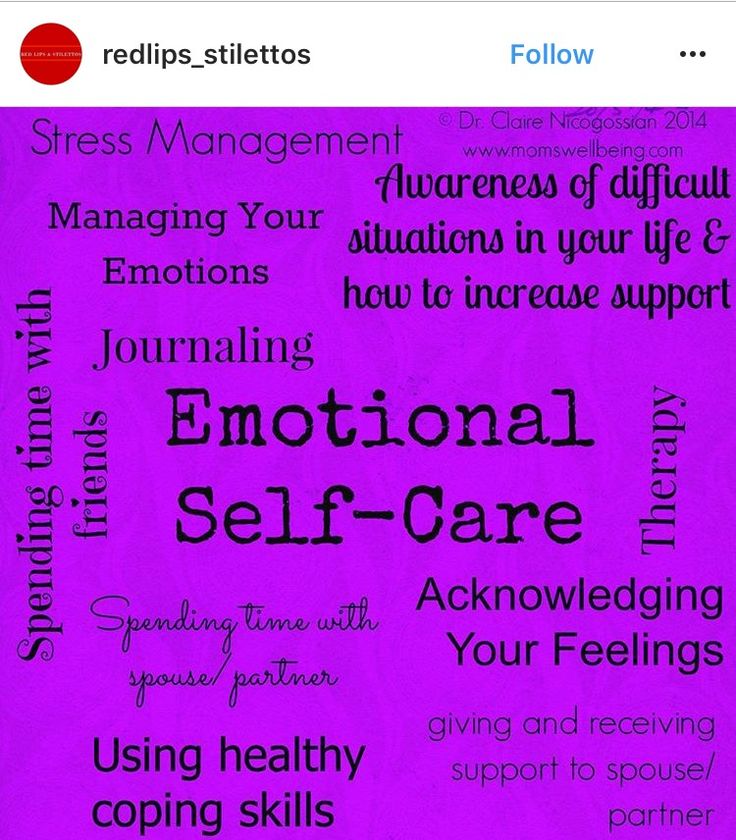 Even when fatigue, depression, health problems appear. If you stay in this state for a long time, you can burn out.
Even when fatigue, depression, health problems appear. If you stay in this state for a long time, you can burn out.
What leads to overwork and burnout
I have experienced this first hand. I used to think it was selfish to put my own needs ahead of someone else's. I thought that showing love meant always putting others first.
In doing so, I combined hard work in finance, running my own business, and exercising seven days a week. I slept for four to six hours, trying to balance between my personal life, family and pet. As a result, I felt tired, exhausted, exhausted.
During this period of my life, I often fell asleep in my clothes, barely falling on the bed. Gradually I got depressed. I completely stopped doing something for my own pleasure, thinking only about goals.
I forgot who I am, how to be happy. I did not see the point in devoting time to myself: to recharge and remember what I want from life.
So I lived for two years - without holidays and days off - until the body forced me to slow down..jpg) My immune system weakened, and first I collapsed with pneumonia, and then with a staph infection. I became so lethargic that it was hard to just get out of bed.
My immune system weakened, and first I collapsed with pneumonia, and then with a staph infection. I became so lethargic that it was hard to just get out of bed.
This went on for several months. And it was a good kick for me, reminding me to take care of myself. Because without it, I won't be able to help others.
If you constantly ignore your needs, sooner or later you will burn out. Check if it's time for you to take a break in your rhythm of life.
How burnout manifests itself
Here are the signs that you are at risk:
- By the end of the day, you are so exhausted that you fall on the couch and fall asleep without noticing it.
- By the end of the week, you find it extremely difficult to get out of bed in the morning.
- On weekends you sleep too much just to feel normal.
- No matter how long your rest is, you still wake up tired.
- You can't go without caffeine throughout the day.
- Often you work so hard that you forget to eat.

- You really want fast food and sweets in large quantities to get energy.
- You binge watch serials and distract yourself in other ways so as not to be alone with your thoughts.
If you feel that you are close to burnout, it is time for you to reconsider your attitude towards yourself.
What is taking care of oneself
I used to think that this involves a constant feeling of happiness. But then I realized that it is impossible to always be happy, and suffering is a part of life that we need for personal growth.
Real self-care helps you better understand yourself and your goals. It provides an anchor in difficult life situations that keeps you afloat. She teaches not to dwell on trifles and pay attention to health: mental, physical and emotional. Here are tips for strengthening all three areas.
What to do for mental health
- Relax and allow yourself to do nothing. Don't pick up your phone during this time.
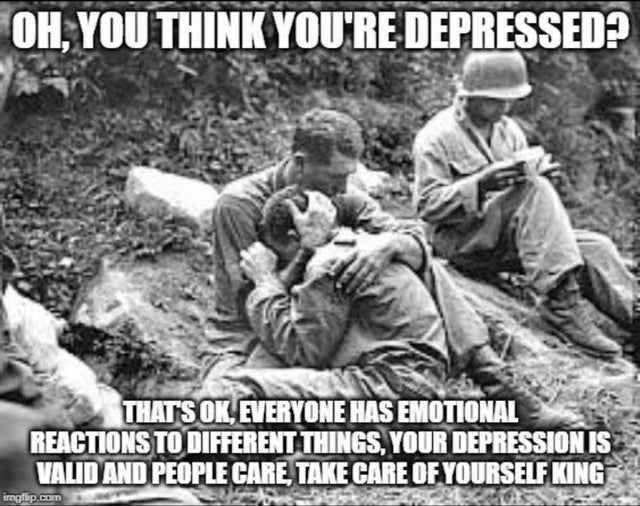
- Meditate.
- Read books about self-development.
- Listen to educational podcasts (news does not count).
- Play with animals.
- Hug your loved ones.
- Do what makes you smile.
- Get creative.
- Listen to your favorite music.
- Keep a gratitude journal.
What to do for emotional health
- Forgive the person who has been held a grudge against for a long time.
- Do what you have long wanted to do, but were afraid to do.
- Focus on your own needs and goals, rather than comparing yourself to others.
- Be more compassionate towards yourself.
- Take a break from social media.
- Allow yourself to experience your feelings instead of running away from them.
- Read a fiction book that will cheer you up.
- Take a break from technology.
- Help someone without expecting anything in return.
- Use positive affirmations.

- Write down what you like about yourself.
What to do for physical health
- Practice deep breathing.
- Move to your favorite music.
- Get enough sleep.
- Take up weightlifting.
- Walk.
- Play sports games.
- Walk and be in the sun.
- Try yoga or other forms of mindful movement.
- Eat healthy foods (fruits and vegetables, raw foods).
How it will change your life
Self-care saved me from severe burnout. It was difficult for me to slow down during the day and engage in myself, so I began to get up earlier. I began to dedicate one hour to myself and created my own morning ritual to start the day on a positive note. And this positivity, in turn, energizes all spheres of life.
I used to feel disgusting when I got up in the morning for work. Now I do it with pleasure, because I look forward to a pleasant activity: going to the gym, podcast, or meditation. I noticed that in general I feel happier, I am overwhelmed with gratitude for the good that is in my life.
I noticed that in general I feel happier, I am overwhelmed with gratitude for the good that is in my life.
I also lost 5.5 kilograms in eight weeks, although I went to the gym less often. I just cut back on daily stress and started eating better. I used to put a lot of strain on my body with a busy lifestyle and too much exercise. And because of such stress, he did not lose weight, but gained weight.
So my secret to weight loss is stress reduction, moderate exercise and mindful eating! A change in attitude towards sports also helped. I used to train just to look good, but now my health is more important.
Another important part of daily self-care is a gratitude journal. Write down what you want to say thank you to life and the people around you. This helps to find joyful moments every day and pay more attention to loved ones. And meditation reduces stress, anxiety, and negative thoughts.
Through self-care, I noticed repetitive, anxious thoughts that kept pulling me back, causing me to feel inadequate.

Now I see that these thought patterns are basically just bad habits. And you can get rid of them. And it really boosts your self-confidence.
If you, too, are used to neglecting your own interests for the sake of work and others, most likely you are doing yourself more harm than good. Remember what they say on the plane: “In the event of a depressurization of the cabin, first put the oxygen mask on yourself, then on the child.”
Because if you don't take care of yourself first, you will lose consciousness and be unable to help others. And this applies not only to emergency situations, but also to ordinary life.
Read also 🧐
- 15 proven ways to be happy at work
- Why overworking is dangerous and how to keep workers from overworking
- How to cope with burnout and regain your former productivity
How to take care of yourself when the apocalypse is around - SKB Kontur
- Taking care of yourself is not selfishness
- How it works: 8 tips
- Do not help out of a sense of duty
- Stop aggression against you
- Don't get infected by other people's feelings
- Give yourself an informational detox
- Explain that you are unavailable on weekends
- Don't let your plans for the day be ruined
- When they call you, let them know how long you can talk
- Find time for yourself
Self-care is not selfishness
Do you remember the instruction of the flight attendants “Put the mask on yourself first, then on the child”? This is a good metaphor for a productive and evolutionarily justified life strategy. Those close to us depend on us - on our state of health, energy and presence of mind. So our vitality is not a luxury, but a survival resource for the whole family.
Those close to us depend on us - on our state of health, energy and presence of mind. So our vitality is not a luxury, but a survival resource for the whole family.
But taking care of yourself is not a tube of cream between RSV and 6-personal income tax (although this is also). In the flow of affairs, we often forget that we are not only in control of a 15-minute tea break - our whole life is in our power, we and only we can make it a little better or worse.
To make this phrase stop being a slogan and become a tool, remember what your "I" is. What exactly is yours and no one else's. These are the areas where you can take care of yourself.
How can I take care of myself
| What exactly is mine | What can I do to feel better here |
|---|---|
| Body, health | I don't work more than 8 hours a day, and at lunchtime I go out for 15 minutes. I can’t stand illness on my legs and let myself rest, even if I know that I will earn less because of this.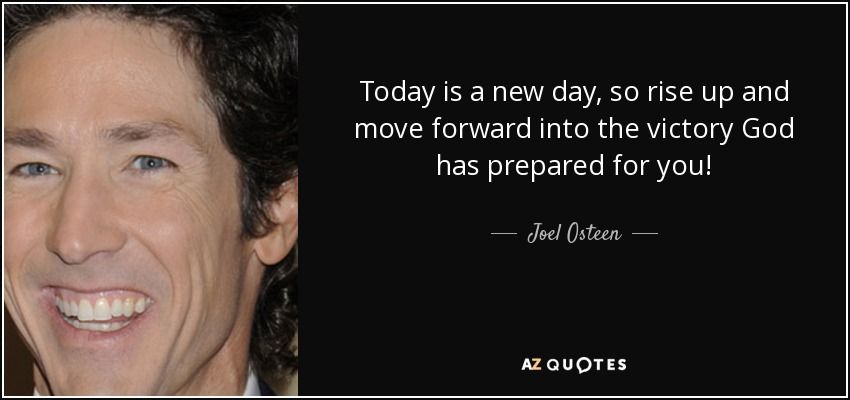 |
| My appearance | I choose whether or not to wear makeup, wear heels or sneakers, my mother's earrings or piercings. |
| Sleep | I sleep at least 8 hours. I don’t answer letters at work in the evening and I don’t receive guests on weekdays, even if it’s my mother-in-law. I bought an anatomical pillow to get enough sleep. |
| Time | I know when I am productive and how much time I need for what task. Therefore, I do not allow colleagues to distract me, but I book time on the calendar for voluminous tasks. |
| My pace of life | Someone manages to teach French, and help a child with lessons, and do yoga. I don't have time, and that's okay. This is my pace. |
| My feelings | It depends on me whether I will accumulate resentment and anger or talk about what upsets me and try to change the situation. |
| My professionalism | Others may not always understand what my job is, but I know my qualifications, I remember the situations I was able to get out of with honor, and I appreciate my professional background.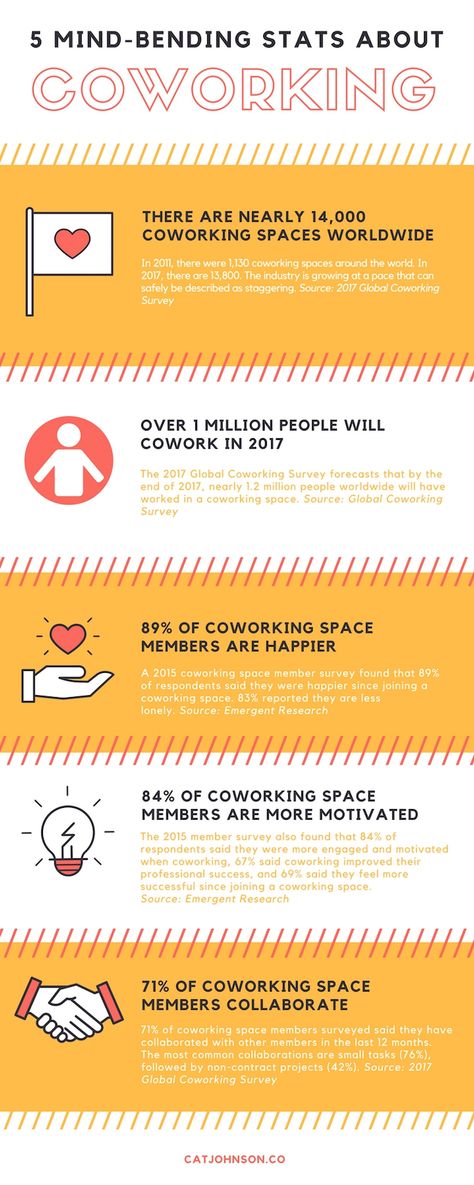 |
| My home | It's up to me to decide whether it's a boudoir, an artist's home, or a flower shop. I myself know what I need for comfort and how often I need to clean. I accept advice only on the Sber card. |
Everyone can have their own table. Make one on the last page of your diary and check back when you feel cornered.
How it really is: 8 tips
Do not help out of a sense of duty
We all value relationships with relatives and friends, but sometimes for the sake of these very relationships we infringe on ourselves and spend time not the way we would like. We go to the country house to the mother-in-law instead of going to the cinema with the children. We rent zeros for our sister's IP instead of sleeping. We glue wallpaper for adult children instead of sticking it for ourselves.
Ask yourself if you really want to help a friend or relative, or if you're just afraid of being hurt by rejection.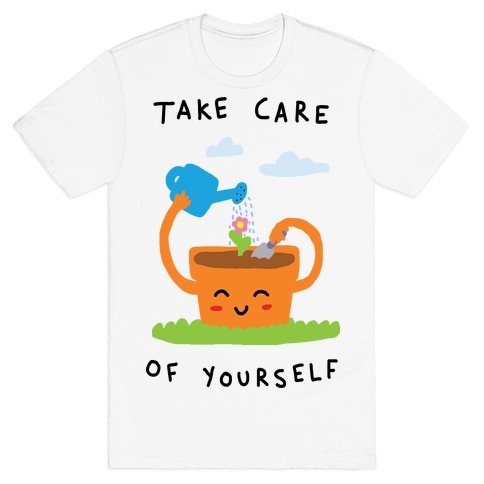 If you want, it's all right, it's your choice. And if not, try to find a soft form to refuse. The form is important: not the refusal itself can offend, but a dismissive attitude.
If you want, it's all right, it's your choice. And if not, try to find a soft form to refuse. The form is important: not the refusal itself can offend, but a dismissive attitude.
The algorithm is as follows:
- Recognize the need and emotions of the interlocutor.
- Refuse.
- Suggest another option.
| Aggressive failure | Soft rejection |
|---|---|
| I have nothing else to do but go to your garden. We actually have our own business, | I know you're counting on me. But today we have other plans. I'm sorry it happened. Maybe next weekend. |
| Actually, this is your business. When you registered an IP, didn’t you know that you would have to submit reports? Well, hand it over yourself, what do I have to do with it? | I see that you need help, but during the reporting period I have a lot of my own work. |
Stop aggression against you
We distinguish and resist overt aggression. But when a friend says that a new dress makes you fat, and the mother-in-law keeps asking when for the third one, this is also aggression.
You cannot dictate to another person how to behave, but you can say that you are uncomfortable and stop communication if you are not heard. There are soft and rather hard forms:
"I'm not ready to continue this conversation."
"I'm not ready to discuss this topic."
"I'm not ready to talk about this topic in that tone."
"I see this situation differently."
"Opinions are different."
“You tell very interesting things, so sorry that I have to leave. Thanks for the chat".
"I understand you, your feelings, but let's talk later, with a clear head.
"
Don't get infected by other people's feelings
A gloomy colleague, a panicking neighbor, or a fussy boss can spoil the most complacent mood. Or not?
In general, empathy, the ability to put oneself in the place of another, is a valuable skill. But it is important to see where your emotions are and where the emotions of another are:
- A neighbor is upset: her son dropped out of college. This is her situation and her feelings.
- I understand her feelings, but I have circumstances, other reasons for joy and grief. All in all, today is a good day. I sympathize with the neighbor, but I do not have to be upset with her now.
To respond and sympathize does not mean to go headlong into the same experiences. The phrase “Know how to control yourself if you don’t want others to control you” is just about this. Don't let other people's emotions get you down.
Arrange an information detox for yourself
Votsap, Viber, VKontakte, Odnoklassniki, Telegram, mail, forums — all of them vying to distract us from business. If you manage your time, then you have probably curbed these irritants somehow.
If you manage your time, then you have probably curbed these irritants somehow.
But the noise of information disturbs us even when we are not very busy. News and messages burst into our space, make us think and worry about what we did not even know a minute ago. We seem to be walking all the time through the oriental bazaar, where persistent barkers call to us every now and then. At the same time, now half of the barkers are shouting about the pandemic.
There is nothing wrong with information as such. Just try to take control - become the sound engineer of this cacophony:
- Turn off all automatic notifications on your phone.
- Ask yourself when and for how long you are ready to read the news. 15 minutes at the beginning of the working day? OK. After lunch? OK.
- If you feel that the information flow is sucking you in, set yourself an alarm or book the next period of time on the calendar for an important matter. This will help you switch.
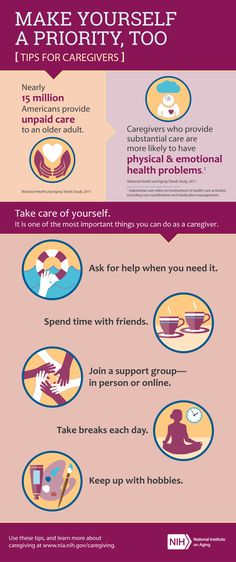
- Try not to get on the phone in the morning or before going to bed: at these moments we are especially vulnerable.
Explain that you are unavailable on weekends
This is also a detox, only from work. Even if you don’t get down to business on the weekend, but simply read a message from the director, lightness and carelessness can instantly disappear.
Teach colleagues and contractors that you do not solve work issues on Saturday-Sunday:
"Hello! Ok, I'll do it on Monday."
"Hello! I can’t say anything yet: there are no documents at hand. Let's talk during business hours."
"Hello! I do not know. I make dumplings with my son, everything is in flour. Come on Monday."
"Hello! I'm out of town, I saw your message just now. Let's talk on Monday."
If the director insists that you be in touch on weekends, weigh the pros and cons. Think about in which case it would be justified for you.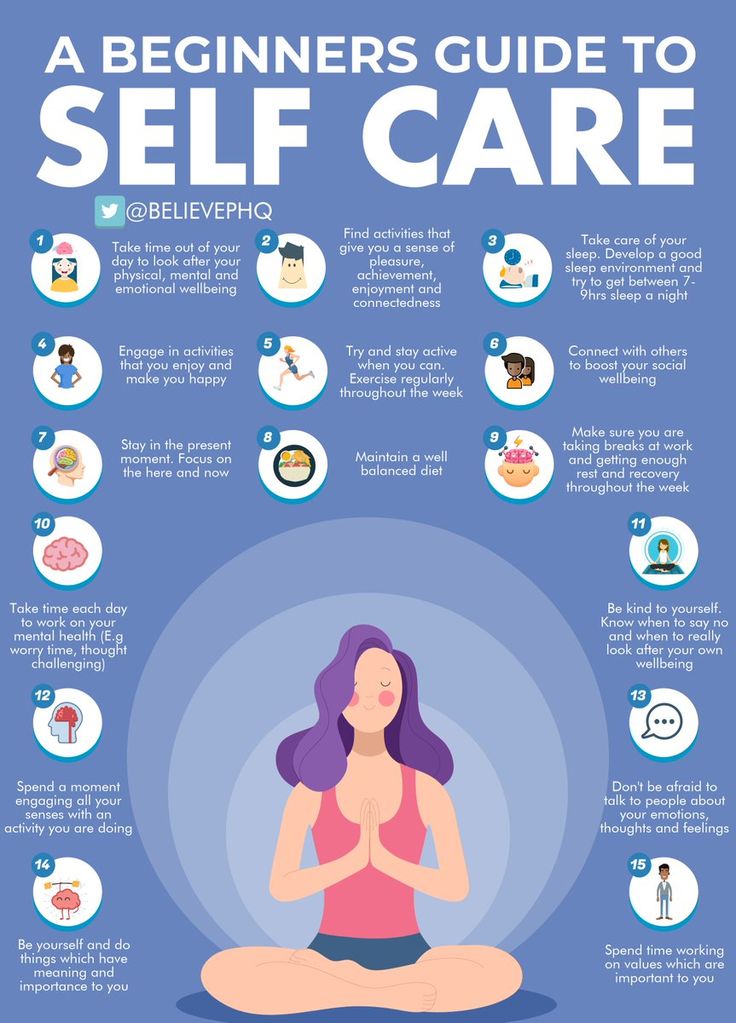 Salary above the market? Additional charges? Free schedule during working days? If you work weekends, make it a conscious decision of yours, not a yielding under pressure.
Salary above the market? Additional charges? Free schedule during working days? If you work weekends, make it a conscious decision of yours, not a yielding under pressure.
Don’t let your plans for the day be ruined
It happens that you plan everything perfectly in the morning, and then one runs “just to ask”, the other “requires very urgently”, after lunch the counterparty calls, and then two employees at once with questions about salary and sick leave. It seems to be nothing terrible, but the deeds are not done and there is no sense of satisfaction.
The solutions are simple, it's time management:
- Plan one big important thing for the day.
- Break this important task into pieces and book time for them. If you don’t do everything, then you can happily cross out at least something.
- Add smaller tasks that you also want to do that day, but without fanaticism. Estimate how much time they will actually take.
- Book an hour and a half for urgent emergencies.
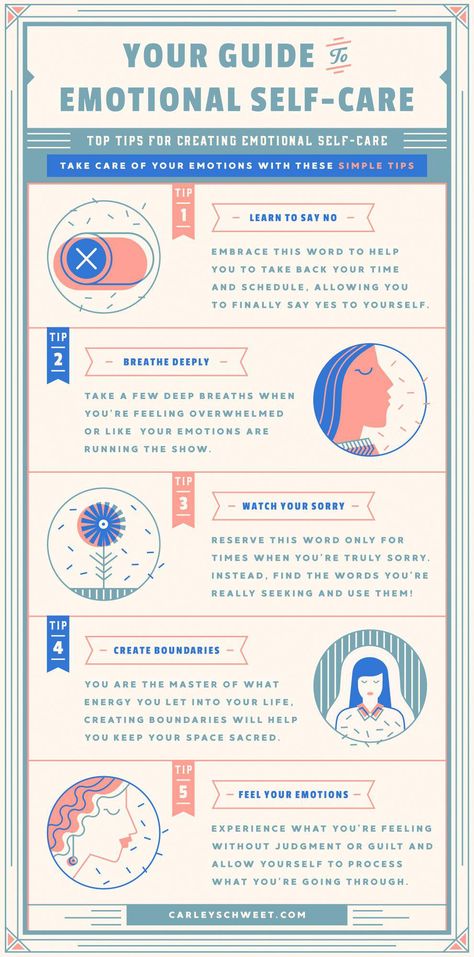 They will still appear, and some of them cannot be transferred.
They will still appear, and some of them cannot be transferred. - Do not accept new tasks by default, try to reschedule to another day. Often this is not critical.
- Edit the plan as the play progresses. If a new task has come and it cannot be postponed, and the schedule is already packed to capacity, add a new one to the plan and transfer what you definitely won’t have time to do. This is important: you do not just leave unfinished tasks in the planner, but cross them out and set them for another day. As a result, at the end of the day everything will be crossed out - done. And you will be great.
Have the courage to say "no" and "I'll do it tomorrow" over and over again. And catch the pleasure that will grow inside you from these words.
When they call you, let them know how long you can talk
And this is not only about contractors. Everyone can have a talkative girlfriend who talks for hours, so much so that no words can be inserted.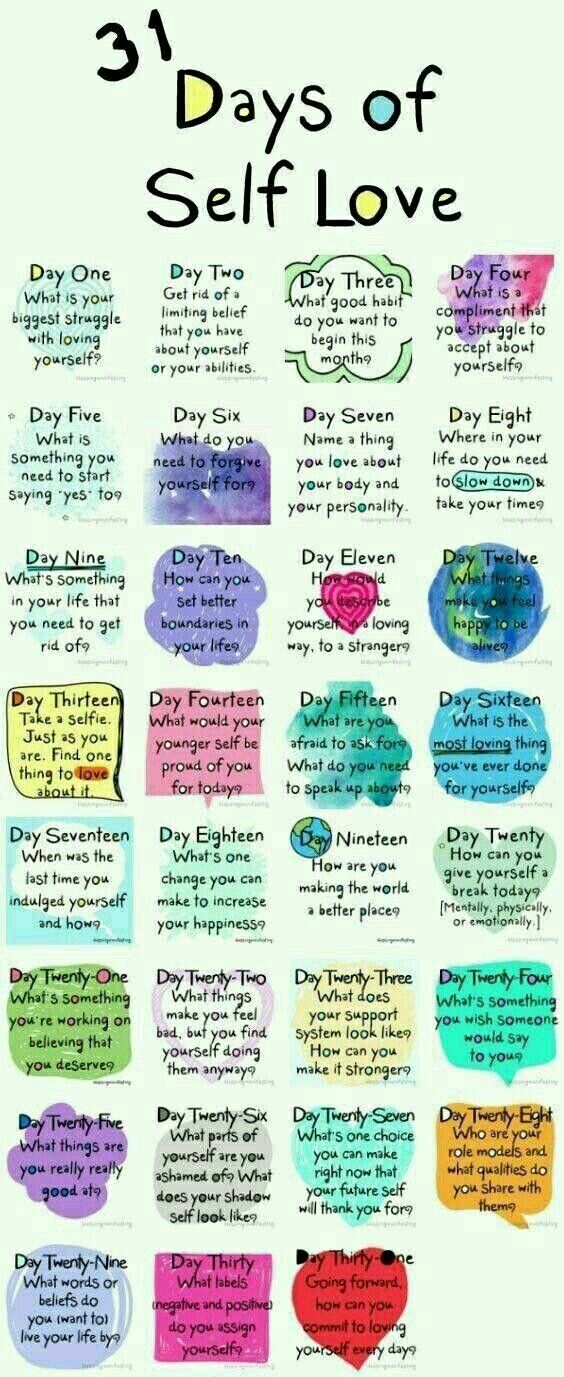 If you are comfortable talking for a long time, no problem. But if such conversations tire you and tear you away from your planned affairs, take the situation into your own hands.
If you are comfortable talking for a long time, no problem. But if such conversations tire you and tear you away from your planned affairs, take the situation into your own hands.
Business isn't necessarily about calling the director or feeding the baby. If you want to lie in the bath for 15 minutes or just sit in silence before your husband arrives, this is also a good reason to interrupt the conversation. This is your time, and you decide how to spend it.
You can already at the beginning of the call say: "I have 15 minutes, and then we will have dinner with the family." If the conversation drags on, it can be politely rounded off:
"Sorry, I'm not comfortable talking now, let's talk another time."
"Sorry, I'm not comfortable talking right now, let's call you back tomorrow morning, ok?"
Find time for yourself
In difficult times, we all have no time for relaxation. When you need to make a breakthrough of a week or two, this is normal.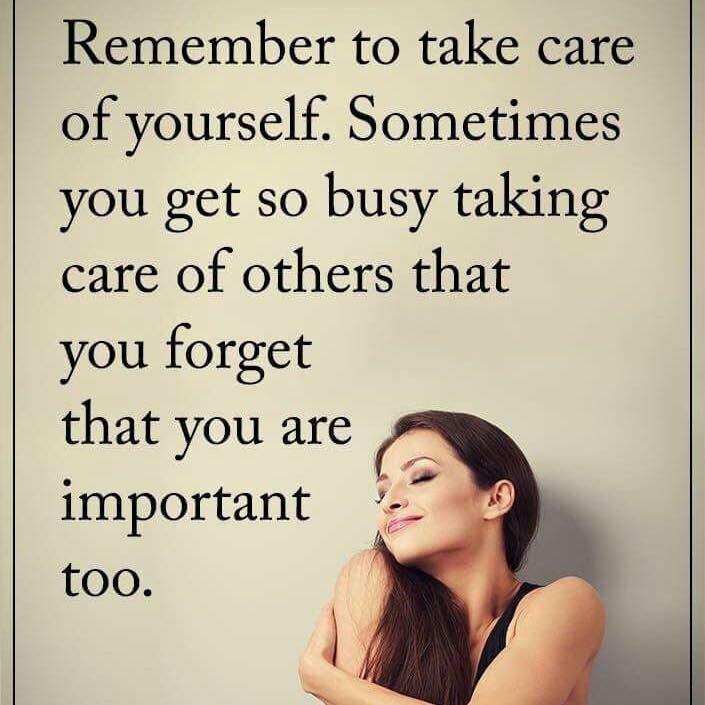
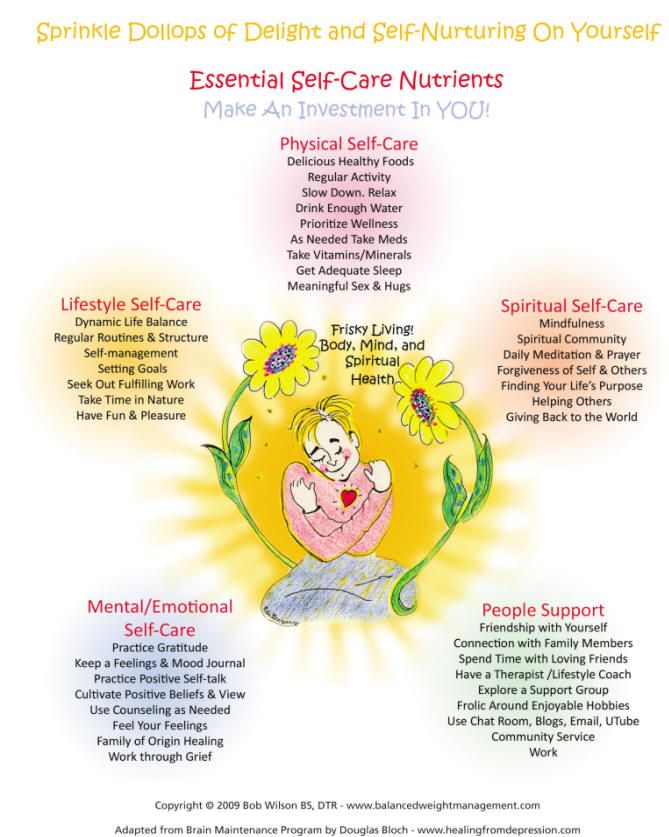 You could be helped by a freelance accountant who does not have a heavy workload in the office. If you want, I can share contacts.
You could be helped by a freelance accountant who does not have a heavy workload in the office. If you want, I can share contacts. 